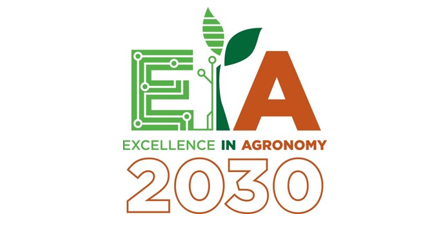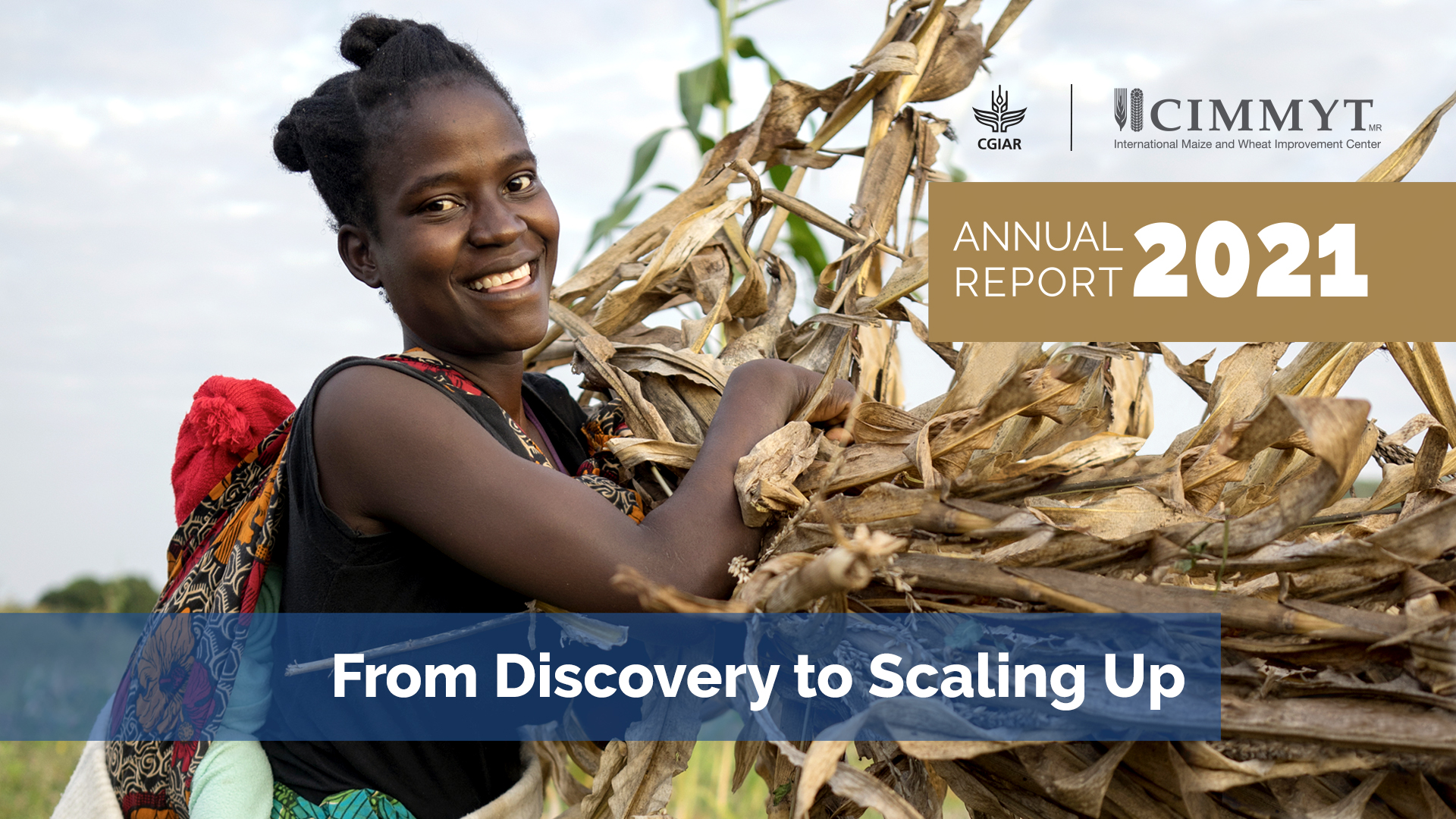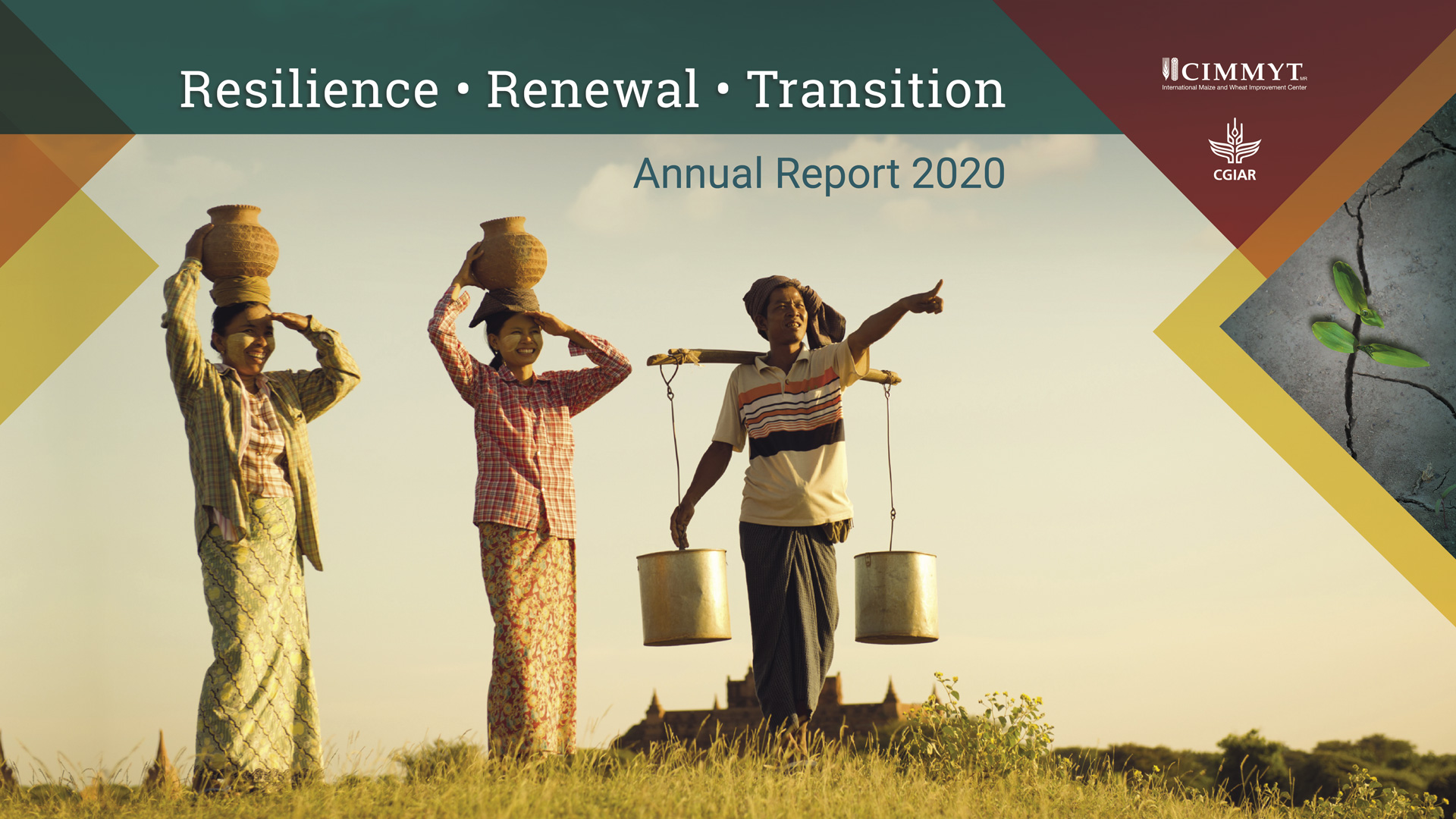 Nine CGIAR centers, supported by the Big Data Platform, will launch the Excellence in Agronomy 2030 initiative on September 7, 2020, during this year’s African Green Revolution Forum (AGRF) online summit.
Nine CGIAR centers, supported by the Big Data Platform, will launch the Excellence in Agronomy 2030 initiative on September 7, 2020, during this year’s African Green Revolution Forum (AGRF) online summit.
The Excellence in Agronomy 2030 (EiA 2030) initiative will assist millions of smallholder farmers to intensify their production systems while preserving key ecosystem services under the threat of climate change. This initiative, co-created with various scaling partners, represents the collective resolve of CGIAR’s agronomy programs to transform the world’s food systems through demand- and data-driven agronomy research for development.
EiA 2030 will combine big data analytics, new sensing technologies, geospatial decision tools and farming systems research to improve spatially explicit agronomic recommendations in response to demand from scaling partners. Our science will integrate the principles of Sustainable Intensification and be informed by climate change considerations, behavioral economics, and scaling pathways at the national and regional levels.
A two-year Incubation Phase of EiA 2030 is funded by the Bill & Melinda Gates Foundation. The project will demonstrate the added value of demand-driven R&D, supported by novel data and analytics and increased cooperation among centers, in support of a One CGIAR agronomy initiative aiming at the sustainable intensification of farming systems.
Speaking on the upcoming launch, the IITA R4D Director for Natural Resource Management, Bernard Vanlauwe, who facilitates the implementation of the Incubation Phase, said that “EiA 2030 is premised on demand-driven agronomic solutions to develop recommendations that match the needs and objectives of the end users.”
Christian Witt, Senior Program Officer from the Bill & Melinda Gates Foundation, lauded the initiative as a cornerstone for One CGIAR. “It is ingenious to have a platform like EiA 2030 that looks at solutions that have worked in different settings on other crops and whether they can be applied in a different setting and on different crops,” Witt said.
Martin Kropff, Director General of the International Maize and Wheat Improvement Center (CIMMYT), spoke about the initiative’s goals of becoming the leading platform for next-generation agronomy in the Global South, not only responding to the demand of the public and private sectors, but also increasing efficiencies in the development and delivery of solutions through increased collaboration, cooperation and cross-learning between CGIAR centers and within the broader agronomy R&D ecosystem, including agroecological approaches.
At the EiA 2030 launch, representatives from partner organizations and CGIAR centers will give presentations on different aspects of the project.
CGIAR centers that are involved in EiA include AfricaRice, the International Center for Tropical Agriculture (CIAT), the International Maize and Wheat Improvement Center (CIMMYT), the International Potato Center (CIP), the International Center for Agricultural Research in the Dry Areas (ICARDA), World Agroforestry Center (ICRAF), the International Crops Research Institute for the Semi-Arid Tropics (ICRISAT), the International Institute of Tropical Agriculture (IITA), and the International Rice Research Institute (IRRI).
Launch details:
- Date: September 7, 2020
- Venue: Virtual; online
- Time: 3 pm, Central Africa Time (CAT)
- Link: To be provided before the event.
Register for AGRF here.
For more information contact Bernard Vanlauwe, b.vanlauwe@cgiar.org, or David Ngome, d.ngome@cgiar.org
Follow EiA on Facebook, Twitter and LinkedIn for updates and information.

 Capacity development
Capacity development 
